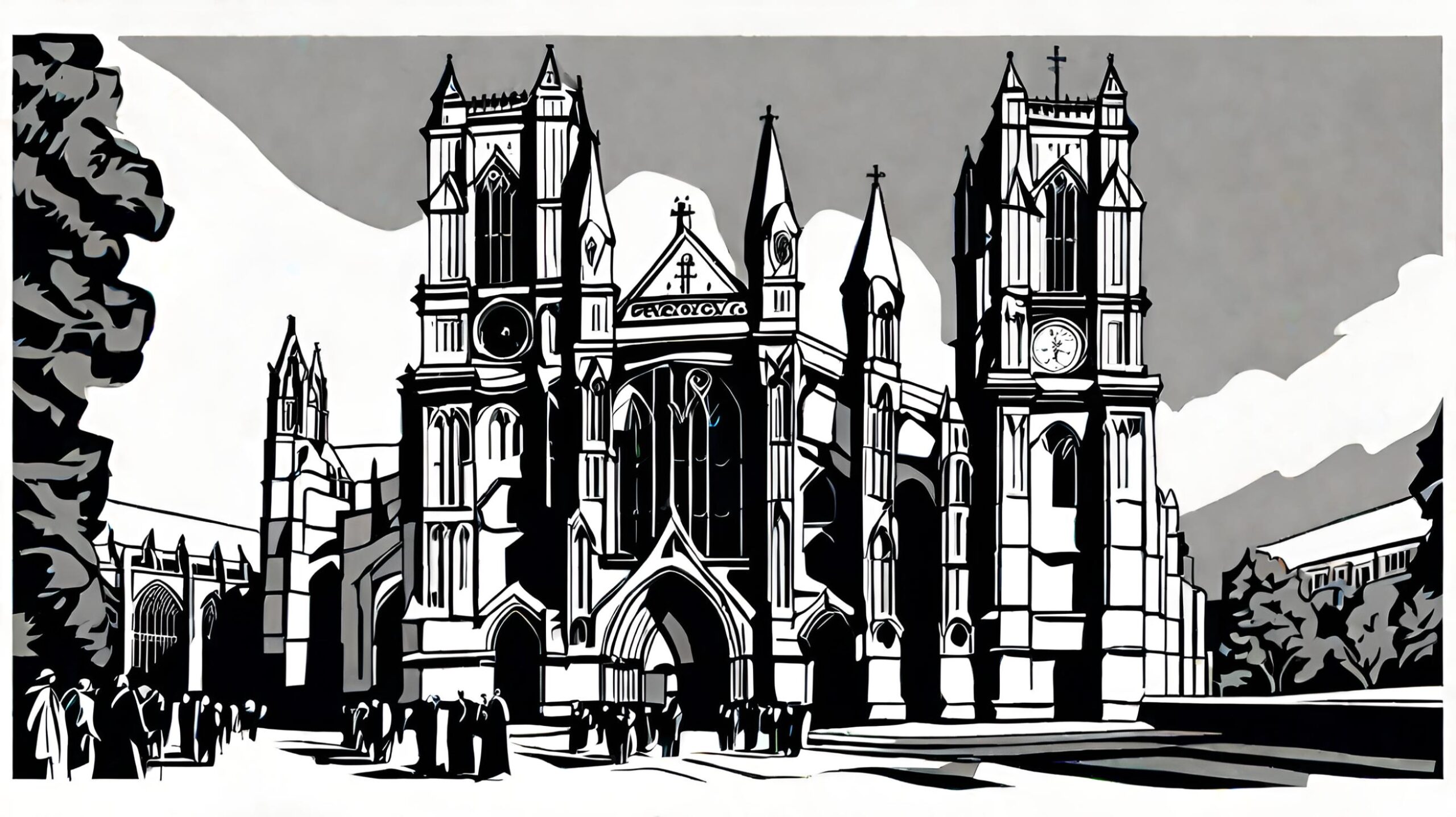Flashback to December 28
World History

On the 28th of December in 1859, history recorded a significant event that is the subject of constant discussion and scholarly interpretation– the death of Thomas Babington Macaulay, an English essayist, and historian whose contributions to literature and historical accounts have informed generations of scholars and enthusiasts alike. As we make our journey back in time, we recall the life, works, and legacy of this prolific figure, shedding light on the magnitude of his influence on Eurasian history and literature.
Thomas Babington Macaulay, the first Baron Macaulay, was a British poet, politician, and author whose works played a vital role in shaping English historical writing and literature. Born in 1800 in Rothley Temple, Leicestershire, England, Macaulay exhibited signs of exceptional intellect early in life. As he grew older, he used his inherited gift to create literary pieces that enlightened readers about the various facets of British and Indian history. His works continue to attract scholarly attention, underlining their timeless relevance.
Macaulay’s illustrious career as an essayist began with his work on the Edinburgh Review, employing his talent to critique literary pieces with a fresh perspective that resonated with readers worldwide. His insightful analyses contributed to the evolution of 19th-century English literature, setting the stage for the richness and diversity we come to appreciate today. Such was his impact that even the dullest of texts met their redemption through Macaulay’s interpretation.
His triumph in the literary world encompassed more than his essays. As a historian, his claim to fame is his “History of England,” a monumental work that unraveled the rich tapestry of England’s past from the era of James II. What set Macaulay apart was not just his profound understanding of history but his distinct narrative style that made history come alive. His vivid descriptions, charismatic character studies, and distinctive navigation of events secured him the spotlight in the world of historians, despite criticisms about his Whig interpretation of history.
Macaulay’s legacy extended to the realm of politics, where he served as Secretary at War under Lord Grey and later as Paymaster-General. His tenure in India as the President of the General Committee of Public Instruction was of notable historic relevance, the climax of which was the creation of the Indian Education Act 1835. His cultural and linguistic imprints on Indian education reform continue to be subjects of academic contemplation.
The influence of Thomas Babington Macaulay lies in the sheer diversity of his contributions. Few historians have been able to marry the realms of literary artistry with historical erudition as effortlessly as Macaulay did in his lifetime. His works, rich in imparting cultural, political, and social nuances, still reverberate more than a century after his departure.
The legacy of Thomas Babington Macaulay, to put it succinctly, extends far beyond the boundaries of death. Even though he passed away on December 28, 1859, his indelible marks on English literature and historiography make his presence felt even today. His essays and the famous “History of England” continue to guide the paths of present and future scholars, showcasing his everlasting relevance.
At the heart of Macaulay’s literary genius and historical enlightenment lies a lesson for all. His life underscores the power of intellect and genuine passion, while his works emphasize the importance of interpreting history and critiquing literature with thoughtful analysis and brevity of expression.
Thomas Babington Macaulay’s death on 28th December 1859 marked a great loss to the world of literature and history. However, the works and ideas that he left behind continue to enlighten those who seek to delve deeper into the profound realms of historical understanding and literary criticism. Indeed, though Macaulay may no longer be in this world, his spirit lives on through his enduring works.
We strive for accuracy. If you see something that doesn't look right, click here to contact us!
Sponsored Content

Westminster Abbey is consecrated
Experience the remarkable history…

Chinese troops cross 38th…
On December 28, 1950,…

Warring Lebanese Muslim and…
On December 28, 1985,…

Thomas Babington Macaulay English…
Renowned English essayist and…

The reign of Emperor…
"Unfolding the pivotal chapter…

French lieutenant Boiteux annexes…
On December 28, 1893,…

